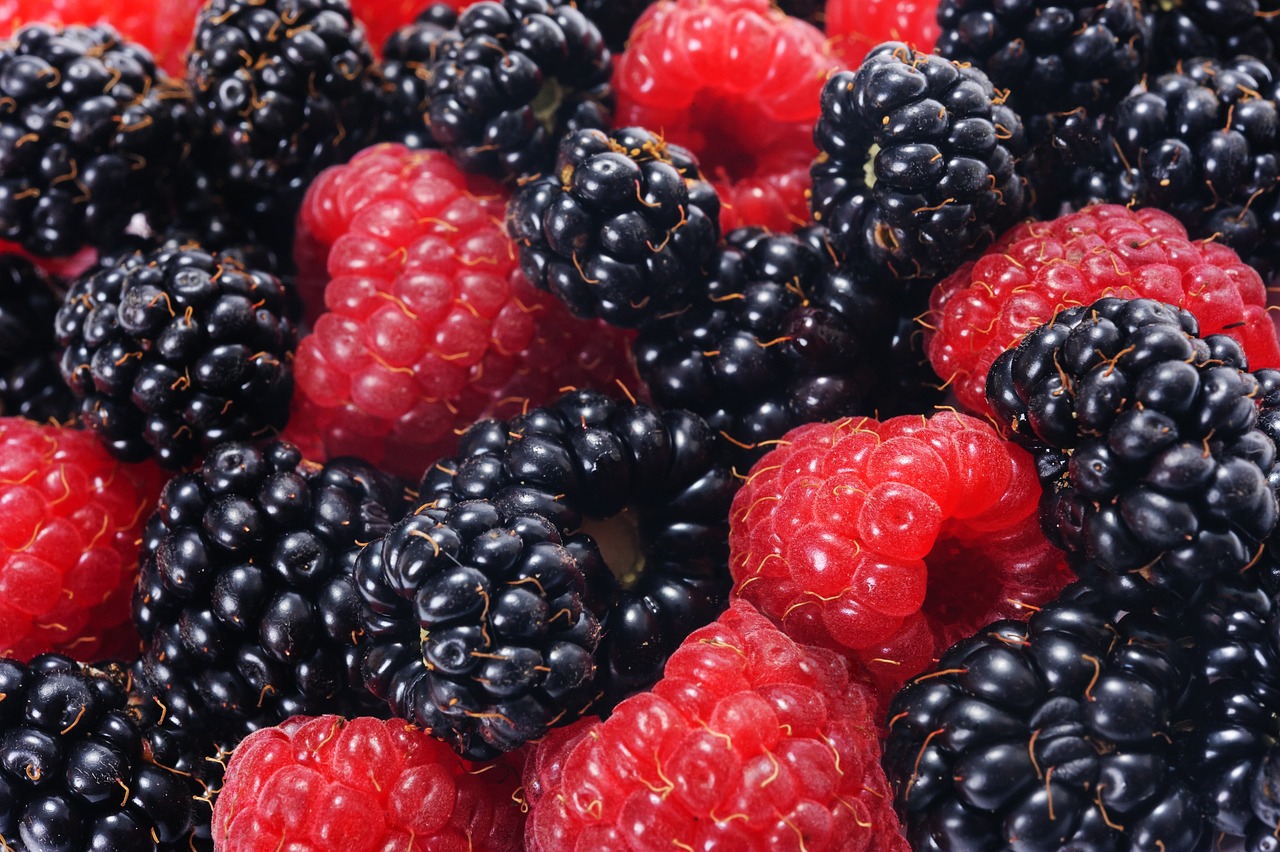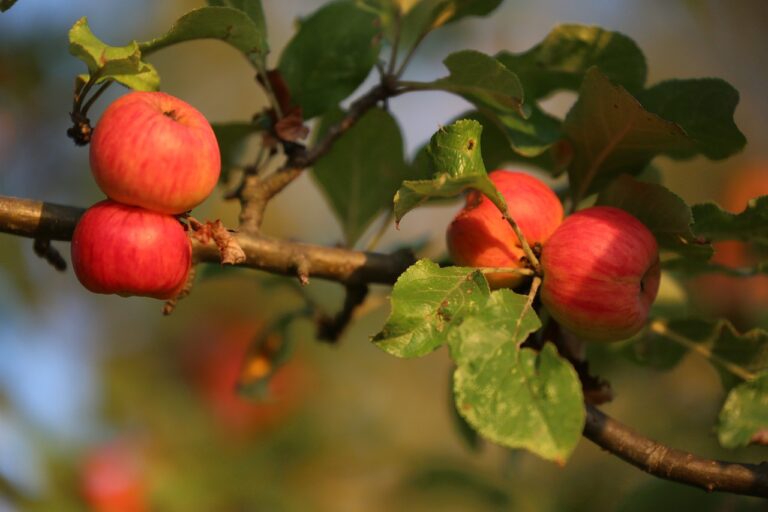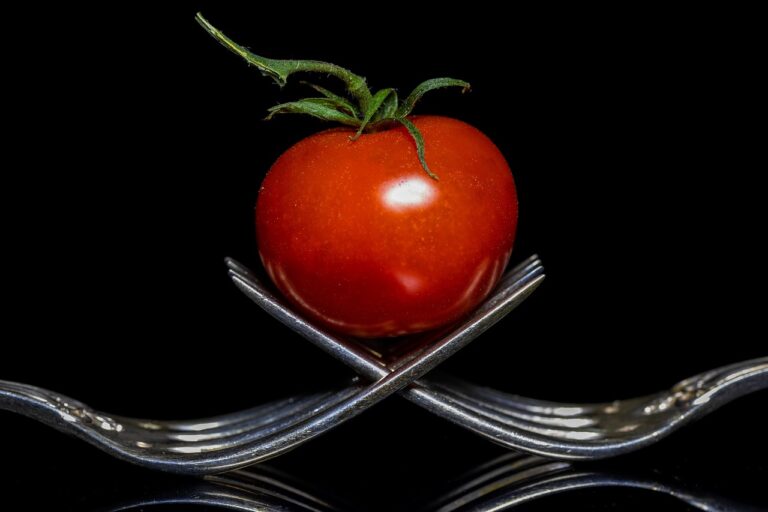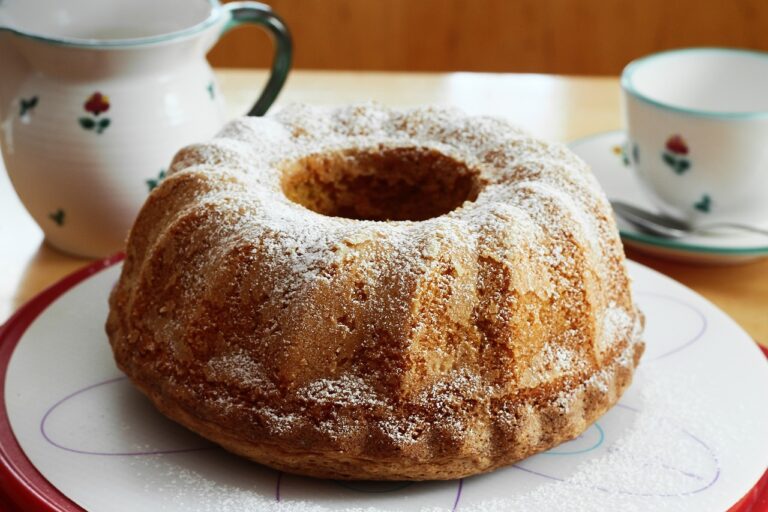The Role of Food in Cultural Celebrations
Food plays a significant role in cultural celebrations around the world. From traditional dishes served during religious festivals to special meals prepared for weddings and other important events, food can often define a culture and bring people together in a meaningful way. In this article, we will explore the importance of food in various cultural celebrations and how it helps to preserve traditions and create shared experiences.
Diwali – Festival of Lights in India
One of the most significant Hindu festivals celebrated in India and around the world is Diwali, also known as the Festival of Lights. During this five-day celebration, families come together to clean and decorate their homes, light candles and oil lamps, and participate in fireworks displays. A central aspect of Diwali is the preparation of traditional sweets and savory dishes, such as ladoos (sweet balls made of flour, sugar, and nuts) and samosas (deep-fried pastries filled with spiced potatoes and peas). These foods are shared with friends and family members as a symbol of prosperity and good luck.
Day of the Dead in Mexico
In Mexico, the Day of the Dead (D�de los Muertos) is a two-day celebration honoring deceased loved ones. Families create ofrendas (altars) in their homes and decorate them with marigold flowers, photographs of the deceased, and favorite foods and drinks of the departed. Traditional foods such as pan de muerto (bread of the dead) and calabaza en tacha (candied pumpkin) are served to honor the spirits and provide comfort to the living. The act of preparing and sharing food during this time helps families remember and celebrate their ancestors.
Thanksgiving in the United States
Thanksgiving is a national holiday in the United States celebrated on the fourth Thursday in November. Originally a harvest festival, Thanksgiving has evolved into a day of giving thanks for the blessings of the past year. A traditional Thanksgiving meal typically includes roasted turkey, stuffing, cranberry sauce, mashed potatoes, and pumpkin pie. Families gather around the table to enjoy this feast together and express gratitude for their blessings. The act of sharing a meal on Thanksgiving reinforces the importance of family and community in American culture.
Chinese New Year
Chinese New Year, also known as the Spring Festival, is the most important traditional festival in China. The celebration lasts for 16 days, culminating in the Lantern Festival. During this time, families gather for reunion dinners and participate in various cultural activities. Traditional foods such as nian gao (sticky rice cake), jiaozi (dumplings), and fa gao (prosperity cake) are served to symbolize good luck, prosperity, and happiness for the coming year. The act of sharing these foods with loved ones strengthens familial bonds and fosters a sense of unity within the community.
Oktoberfest in Germany
Oktoberfest is an annual festival held in Munich, Germany, celebrating Bavarian culture and traditions. The festival runs for 16-18 days and is known for its lively atmosphere, traditional music, and, of course, beer. Visitors from around the world come to enjoy a variety of German foods such as bratwurst (sausage), pretzels, and sauekraut (fermented cabbage). The shared experience of eating and drinking together creates a sense of camaraderie among festival-goers and helps to promote German culture and heritage.
Bon App鴩t!
Food plays a crucial role in cultural celebrations worldwide, helping to preserve traditions, connect generations, and create lasting memories. Whether it’s Diwali in India, the Day of the Dead in Mexico, Thanksgiving in the United States, Chinese New Year, or Oktoberfest in Germany, the act of sharing food with loved ones brings people together in a meaningful way. So the next time you sit down to enjoy a meal with family and friends, remember the rich cultural heritage and traditions that are passed down through the food on your plate. Bon app鴩t!
FAQs
Q: Why is food important in cultural celebrations?
A: Food is often used to celebrate cultural heritage, pass down traditions, and bring people together in a shared experience.
Q: What role does food play in maintaining cultural identity?
A: Food can serve as a symbol of cultural identity, connecting individuals to their heritage and helping to preserve traditions over time.
Q: How does sharing a meal contribute to community building?
A: Sharing a meal with others fosters a sense of unity, promotes communication, and strengthens social bonds within a community.
Q: What are some examples of traditional foods served during cultural celebrations?
A: Traditional foods such as tamales in Mexico, sushi in Japan, and pierogi in Poland are commonly served during cultural celebrations to honor customs and bring people together.
Q: How can individuals incorporate food into their own cultural celebrations?
A: Individuals can explore traditional recipes, cook with family members, and host themed dinners to incorporate food into their own cultural celebrations and connect with their heritage.







